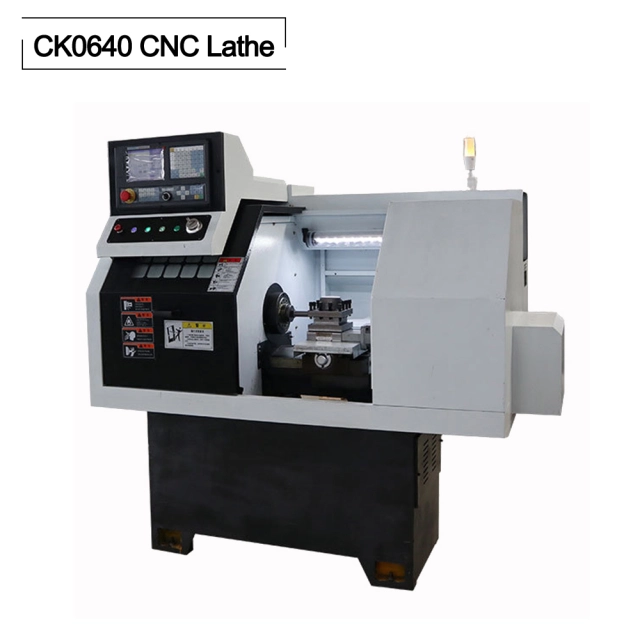Table of contents:
Quantum Computing's Potential Impact on CNC Lathe Machine Precision
Nanotechnology Applications in Next-Gen Industrial Metal Lathe Design
Bio-Inspired Adaptive Control Systems for CNC Lathe Operations
Exploring New Materials: How They're Changing CNC Lathe Manufacturing
Quantum Computing's Potential Impact on CNC Lathe Machine Precision
The integration of quantum computing into CNC lathe operations could revolutionize precision manufacturing. Metal lathe manufacturers are closely watching developments in this field, recognizing the potential for quantum algorithms to optimize cutting paths and tool selection with unprecedented accuracy. Quantum-enhanced CNC lathes could perform complex calculations in real-time, adjusting for material inconsistencies and environmental factors that currently challenge even the most advanced systems. This leap in computational power could enable cnc lathe manufacturers to produce parts with tolerances measured in nanometers, opening up new possibilities in industries where precision is paramount, such as semiconductor fabrication and nanotechnology.
Nanotechnology Applications in Next-Gen Industrial Metal Lathe Design
Nanotechnology is poised to transform the very structure of CNC lathes. Metal lathe manufacturers are exploring nanocoatings that can significantly reduce friction and wear on machine components, extending the lifespan of critical parts and improving overall performance. These advancements could lead to the development of self-lubricating bearings and ultra-smooth surfaces that minimize heat generation and energy loss. Cnc lathe manufacturers are also investigating nanomaterials for cutting tools, which could revolutionize machining capabilities, allowing for the creation of intricate features at the microscopic level. The marriage of nanotechnology and CNC lathe manufacturing promises to deliver machines that are not only more durable but also capable of producing components with unprecedented precision and surface quality.
Bio-Inspired Adaptive Control Systems for CNC Lathe Operations
Taking cues from nature, metal lathe manufacturers are developing adaptive control systems that mimic biological processes. These bio-inspired systems could enable CNC lathes to learn and adapt to changing conditions in real-time, much like how living organisms respond to their environment. For instance, a lathe equipped with such technology might automatically adjust its cutting parameters based on variations in material hardness or tool wear, ensuring consistent quality without human intervention. Cnc lathe manufacturers are particularly interested in neural network algorithms that can predict and compensate for vibrations, thermal expansion, and other factors that affect machining accuracy. This level of adaptability could significantly reduce setup times and increase productivity across various manufacturing sectors.
Exploring New Materials: How They're Changing CNC Lathe Manufacturing
The advent of new, advanced materials is challenging metal lathe manufacturers to innovate in machine design and functionality. Exotic alloys, composites, and even metamaterials are becoming more common in high-tech industries, requiring CNC lathes to evolve to effectively machine these substances. Cnc lathe manufacturers are responding by developing machines with enhanced rigidity, improved thermal stability, and more powerful spindles capable of handling these challenging materials. Additionally, the integration of advanced sensors and real-time monitoring systems allows for precise control over the machining process, ensuring optimal results even with the most difficult-to-work materials. As these new materials become more prevalent, the capabilities of CNC lathes will continue to expand, enabling the production of components that were previously impossible to manufacture.
The future of CNC lathe technology is bright and full of potential. As metal lathe manufacturers and cnc lathe manufacturers continue to innovate, we can expect to see machines that are not only more precise and efficient but also smarter and more adaptive to the needs of modern manufacturing. The integration of quantum computing, nanotechnology, bio-inspired systems, and advanced materials science is set to usher in a new age of machining capabilities. These advancements will not only improve the quality and complexity of manufactured parts but also contribute to more sustainable and cost-effective production processes. As we look ahead, it's clear that the evolution of CNC lathe technology will play a crucial role in shaping the future of industrial manufacturing across the globe.

No comments:
Post a Comment